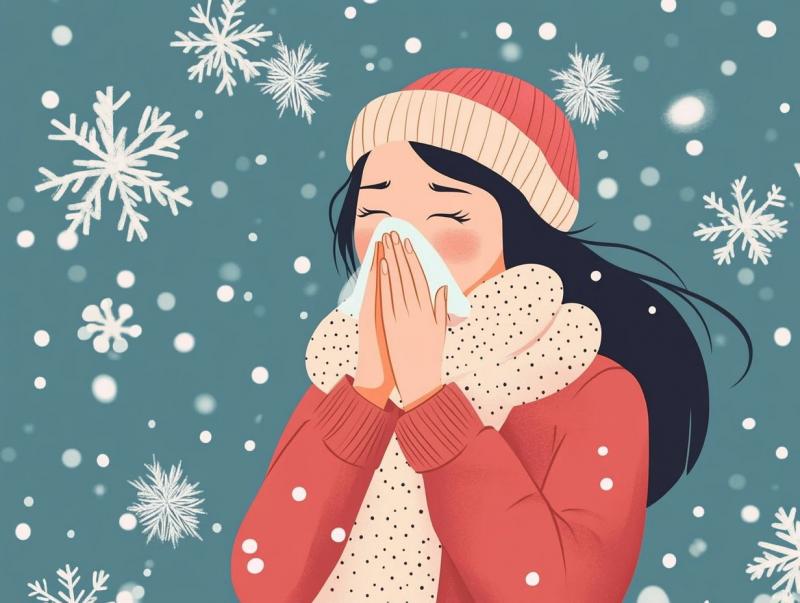Heatwave can cause health problems like rashes, nausea, dehydration and even stroke. But we are all geared up to fight it all back, with our diet.
The month of March has just started, and we can already feel our bodies resisting the flaming heat. Looks like the summer is here early and the thought of the impending heatwave is scary enough to make us stay indoors. Even the Indian Meteorological Department (IMD) has issued its first heat advisory for 2024, which is expected soon. Heatwave can cause health problems like rashes, nausea, dehydration and even stroke. But we are all geared up to fight it all back, with our diet, of course.
To help us out, The Ministry of Health and Family Welfare shared some dos and don’ts to follow this summer to stay healthy during the heatwave.
Which Are The Best Foods To Eat In Extreme Heat I Summer Diet Tips To Follow:
1. Stay Hydrated
Drinking lots of water throughout the day is a great way to quench thirst and stay hydrated. A minimum of 8-10 glasses of water is usually advised to maintain optimal water content in the body. You can throw in some herbs or spices or even chopped fruits to make flavourful infused drinks.
2. Have Salted Drinks
Salted drinks help replenish lost salts during extreme heat conditions. The Ministry advised consuming beverages like lemon water, buttermilk, lassi and fruit juices. One can keep Oral Rehydration Solution (ORS) by their side in case of extreme dehydration.
3. Eat Fresh Fruits
The summer season brings with it a range of fruits with high water content. So, stock up your pantry with fruits like watermelon, orange, muskmelon, cucumber, lemon, and of course, mangoes.
What Food Should You Avoid In Heatwave:
1. Avoid Carbonated Drinks
Beverages like alcohol, tea, coffee, and soft drinks contain high sugar content and reduce body fluids. This may cause dehydration, nausea, and stomach cramps. It’s best to resist such drinks during peak summer.
2. Stay Away From High-Protein Foods
This may come as a surprise, but it has been proven that high-protein foods like red meats are more difficult to digest, especially in the hot weather. The Ministry suggested to opt for plant-based foods and fresh vegetables instead.
3. Stale Food Is A Big No-No
Bacteria grows faster on food in high temperatures and our food goes stale sooner than expected. So, watch out for foods gone stale and avoid consuming them to prevent stomach-related problems.
Apart from these dietary tips, the Health Ministry advised to stay indoors during the day, avoid direct sun between 12 noon and 3 pm, and wear loose, comfortable clothing.

